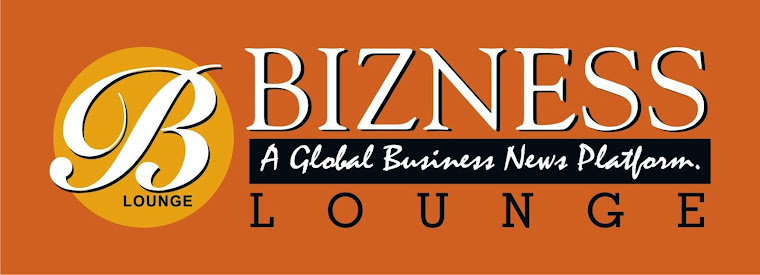 Iwatani Corp. (8088), Japan’s biggest
supplier of hydrogen, expects sales of the fuel to rise fivefold
by 2025 as carmakers including Toyota Motor Corp. (7203) and Honda
Motor Co. (7267) race to introduce fuel-cell vehicles.
Iwatani Corp. (8088), Japan’s biggest
supplier of hydrogen, expects sales of the fuel to rise fivefold
by 2025 as carmakers including Toyota Motor Corp. (7203) and Honda
Motor Co. (7267) race to introduce fuel-cell vehicles. The company’s hydrogen revenue may swell to as much as 80 billion yen ($735 million) in 10 years from about 15 billion yen now, boosted by demand for the vehicles, which emit only water vapor, Hisato Ueha, executive vice president of the Osaka-based company, said in an interview this week.
Iwatani rose 1.9 percent, the biggest gain in two weeks, to close at 744 yen in Tokyo. Japan’s benchmark Topix index rose 0.2 percent.
Iwatani supplies 60 percent of the hydrogen in Japan and is the country’s sole provider of liquid hydrogen, according to the company. Prime Minister Shinzo Abe has
outlined a vision for creating a “hydrogen society,” with fuel cells also powering homes and office buildings.
Toyota, the maker of Prius hybrid cars, is betting that consumers will choose fuel-cell vehicles over electric autos being promoted by Nissan Motor Co. (7201) and Tesla Motors Inc. (TSLA), in part because hydrogen-powered cars have greater range and shorter refueling time. Toyota plans a sticker price of about 7 million yen for its first fuel-cell model, set to go on sale before April. National and local government rebates may top a combined 3 million yen a car, which could bring the model’s cost down to about 4 million yen.
A Honda Motor Corp. FCX Clarity fuel cell vehicle sits next to the smart hydrogen... Read More
Global Market
Iwatani plans to raise hydrogen sales to 600 million cubic meters (21 billion cubic feet) by 2025, according to a mid-term plan announced in November. It’s building 20 hydrogen stations by March 2016.Globally, the market for fuel-cell vehicles may rise to 3.3 trillion yen by 2025 from an estimated 34 billion yen next year, with major growth happening after 2020, according to estimates by Jefferies Group LLC.
In Japan, the government estimates the fuel cell-related market will expand to 1 trillion yen by 2030 and 8 trillion yen by 2050. The government-backed New Energy and Industrial Technology Development Organization aims to make the cost for fully fueling a hydrogen car equivalent to that of refueling a gasoline-electric vehicle and to have 100 hydrogen fueling stations in place by about 2015.
Iwatani is in the “batter’s box,” Ueha said, as the company’s experience in the hydrogen business puts it in position to benefit from the shift.
Bob Carter, senior vice president at Toyota’s U.S. operations, said in August that the state of California plans to spend $200 million to build at least 100 hydrogen stations by 2024, with 40 ready by the end of 2016.
Honda plans to introduce hydrogen cars in Japan and the U.S. next year.
Nissan, Daimler AG, and Ford Motor Co. (F) are working together to develop fuel cell vehicles the manufacturers plan to start selling in 2017.
(An earlier version of this story was corrected to show the company’s hydrogen revenue target is as much as 80 billion yen.)

No comments:
Post a Comment